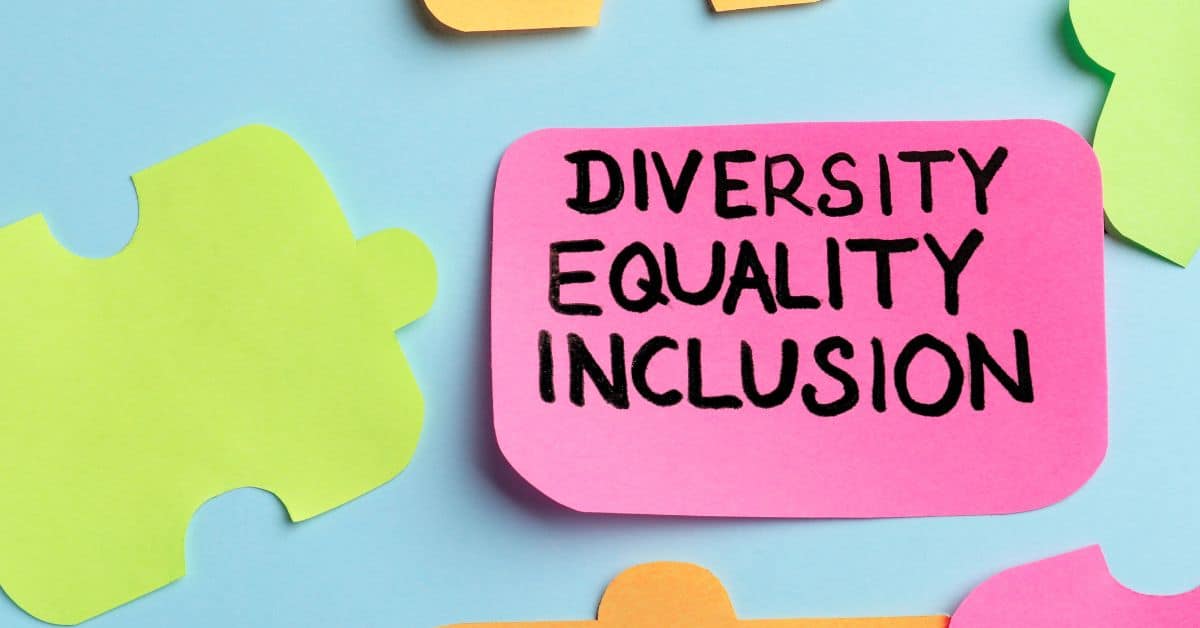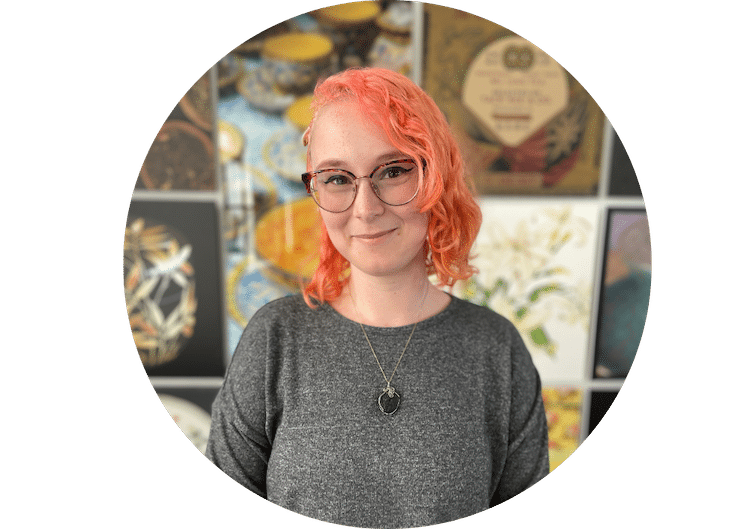What is Diversity, Equality and Inclusion?
Diversity, equality, and inclusion are concepts that are often used together to promote fairness, respect, and understanding within workplaces, communities, and society as a whole.
Diversity refers to the range of differences that exist between individuals, including differences in race, ethnicity, gender, sexual orientation, age, religion, and disability status. Embracing diversity means recognising and valuing these differences and creating an environment where everyone feels respected and included.
Equality refers to the idea that everyone should have the same opportunities, regardless of their background or characteristics. This means treating people fairly and providing equal access to opportunities, resources, and benefits.
Inclusion refers to creating an environment where everyone feels valued and included, regardless of their background or characteristics. It means fostering a sense of belonging and creating an environment where everyone can contribute and participate fully.
Together, diversity, equality, and inclusion are important principles that promote fairness, respect, and understanding within organisations and society as a whole. By embracing diversity, treating people fairly, and creating an inclusive environment, we can create a more equitable and just world.
Why should organisations promote Diversity, Equality, and Inclusion?
There are several reasons why organisations should promote equality, diversity, and inclusion, not only in the workforce but also in their community engagement efforts:
1. It is simply the right thing to do: Every person deserves to be treated with dignity and respect, regardless of their race, ethnicity, gender, sexual orientation, or any other characteristic.
2. It enhances organisational reputation: Organisations that are known for promoting equality, diversity, and inclusion are often viewed as more socially responsible and are likely to attract a diverse range of employees, customers/beneficiaries, and partners.
3. It improves decision-making: A diverse range of perspectives and experiences can lead to better decision-making.
4. It increases innovation and creativity: Engaging with a diverse range of people is more likely to yield innovative ideas and solutions. When organisations promote equality, diversity, and inclusion, they create a working culture that is open to new ideas and willing to take risks.
5. It improves community relationships: When organisations promote equality, diversity, and inclusion, they are more likely to build strong relationships with the communities they serve. This can lead to increased trust, loyalty, and support for the organisation.
How can organisations promote Diversity, Equality and Inclusion?
1. Develop a Diversity, Equality, and Inclusion (DEI) Strategy: A DEI strategy can help guide an organisation’s efforts to ensure that diversity, equity, and inclusion are at the forefront of all its operations. This can include things like setting diversity targets, developing inclusive communication practices, and creating safe spaces for underrepresented groups to engage with the organisation.
2. Build Relationships with Diverse Community Groups: To effectively engage diverse communities, it’s important to build relationships with organisations and individuals that represent those communities. This can involve reaching out to community leaders, attending events that celebrate diversity, and collaborating on community initiatives.
3. Train Staff on Cultural Competence: Organisations should train staff on cultural competence to ensure that they understand and respect the differences that exist between cultures. This can involve training on things like implicit bias*, cultural sensitivity**, and how to communicate with people from different backgrounds.
4. Collect Data on Diversity and Inclusion: Data is critical in measuring an organisation’s progress towards creating a more diverse and inclusive environment. Collecting data on things like staff demographics, customer feedback, and community engagement can help identify areas for improvement and track progress over time.
5. Create an Inclusive Environment: Creating an inclusive environment is key to ensuring that everyone feels welcome and valued. This can involve things like promoting diversity in leadership roles, creating employee resource groups, and providing accommodations for people with disabilities.
*Implicit bias is a type of bias that is unconscious, unintentional, and automatic. It is influenced by a variety of factors, including upbringing, cultural and societal norms, and personal experiences. Implicit biases can influence how we perceive and interact with others, even if we are not consciously aware of them.
**Cultural sensitivity refers to the ability to be aware and respectful of different cultures and their practices. It involves understanding and valuing the differences between cultures, and being able to adapt to and navigate cultural differences in a respectful and appropriate way. Culturally sensitive individuals are able to communicate effectively and build positive relationships with individuals from diverse backgrounds.


